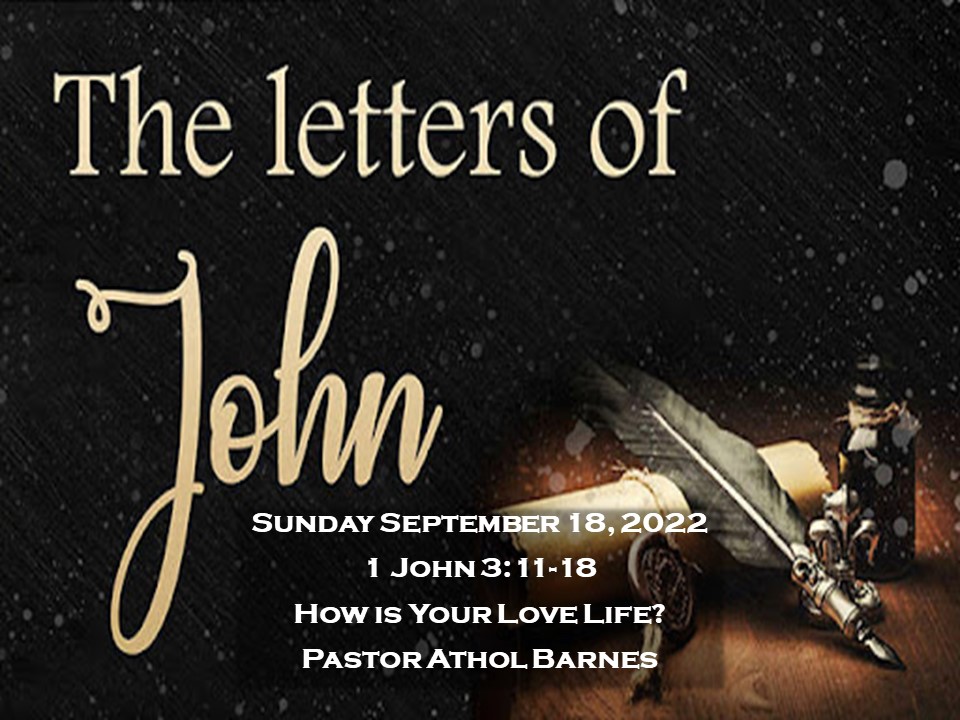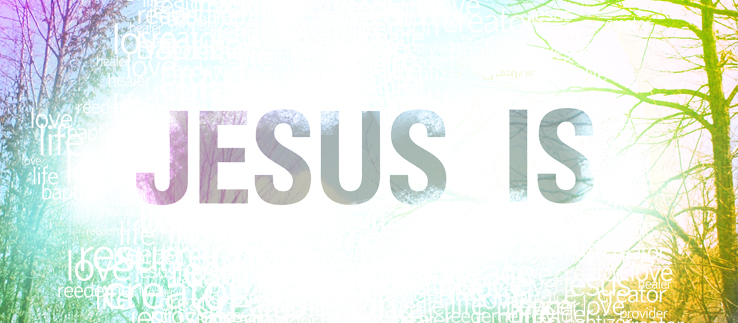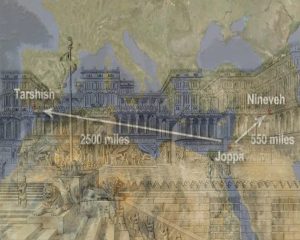
Up to this point in the letter, John has focused on the theme, “God is Light” (1 John 1:5).
Now he shifts focus and introduces the theme, “God is love” (1 John 3:11).
It is essential that as Christians, we display God’s love, by loving one another. Jesus taught this in John 13:35.
John begins this section by using the first example we have in the Bible of hate, Cain murdering his brother Abel in Genesis 4 (1 John 3:12).
Why did God reject Cain’s offering? I believe it was the heart posture. Man looks at the outer things, but God looks at the heart. And God saw that Cain’s heart was not in his worship.
Love is at the heart of the Gospel, the phrase to “love one another” is found throughout the New Testament. God thinks that our loving one another is really important.
We are called to love one another consistently and without favoritism. This is impossible in the natural realm, the love that we have for one another in Christ, is a supernatural love that comes from the Father. When we display love in the church, we display not only who we are, but we display who’s we are. We belong to our heavenly Father.
Verse 12 says that Cain murdered because he was of the evil one, he was a child of Satan. Jesus said the same thing in John 8:44.
The truth is, you are either a child of God or you are a child of the devil. There is no third option.
The Bible makes it absolutely clear that only those who have been born again, who have given their lives to the lordship of Jesus Christ, can be called Children of God.
If you have not been born again, you are a child of the devil (Matthew 5:21-22).
Hate is equivalent to murder, the only difference between the hate and murder is the actual taking of a life, the intent of the heart is the same.
This does not mean, of course, that hatred in the heart does the same amount of damage, or involves the same degree of guilt, as actual murder. But in God’s sight, hatred is the moral equivalent of murder, and if left unbridled it leads to murder.
One of the benefits of loving one another from the heart, is the assurance that we have been born again. We are given a supernatural love as the Holy Spirit fills us (1 John 3:14).
John doesn’t say that we are saved by our love for one another, rather we are saved by grace and the proof of our salvation is our love for one another.
On the opposite end, those whose lives are characterized by a lack of love and concern give evidence that they are not saved (1 John 3:15).
Love and hate cannot reside in the same heart at the same time. Real love is very practical, it is spoken, and it is demonstrated.
How do we really know what Holy Spirit fueled love really is? Here are two practical explanations of Christian love.
1: Love is displayed by dying for others.
God demonstrated his love for us on the cross and then calls us to lay down our lives for others. Does this mean that we run the risk of being used by other people? Yes, and if we struggle with that we need to go back to the cross. We need to keep going back to the cross until we grasp the depth of the sacrifice that Jesus made for us.
Jesus died the death that we should have died, because of love. Love at the core is about self-sacrifice and service. Jesus didn’t die as a martyr, he willingly laid down his life.
“Self-preservation” is the first law of physical life,
But
“self-sacrifice” is the first law of spiritual life.
Warren Wiersbe
If we think about what has been given to us, we won’t feel obligated to be grateful, we will joyfully present our lives as a living sacrifice in worship.
2: Service to others always involves giving.
In verse 17 and 18, John gets practical.
In our modern cities, there are multiple social agencies that help people in need, and it is easy to simply refer people to an agency when the Lord has told us to step in. It is easy for Christians to forget their obligations (see Galatians 6:10).
Let us not confuse doing good, by simply writing a check or handing over a dollar bill. This doing good that Paul writes about includes giving of our time and physical help. There are many people in our church and community who simply need someone to show them love and concern.
Our lives are busy, and our schedules are full. Sadly people “pray about” getting involved, when really, they are thinking about how much it is going to cost them. The reality is that it will cost to live this lifestyle of love.
If it doesn’t cost us anything to love, is it really love?
It cost Jesus everything, why should we think we are exempt from showing practical love.
It takes faith. Giving our time, our finances, our energy, needs to come from a lifestyle of faith. At times, God calls us to give that which we don’t have and simply trust Him for the provision.
I think sometimes we need to be reminded of the abundance of the Kingdom of God. We cannot outgive God.
In verse 18, John concludes with the word, “truth”. John is addressing our motivation for giving. We are tempted to give to be noticed or even to manipulate, our motives are impure. God cares about our motives.
“What does it look like? It has hands to help others, feet to hasten to the poor and needy, eyes to see misery and want, ears to hear the sighs and sorrows of men. That is what love looks like.” Augustine.
How is your love life?





 He is Risen!
He is Risen!

